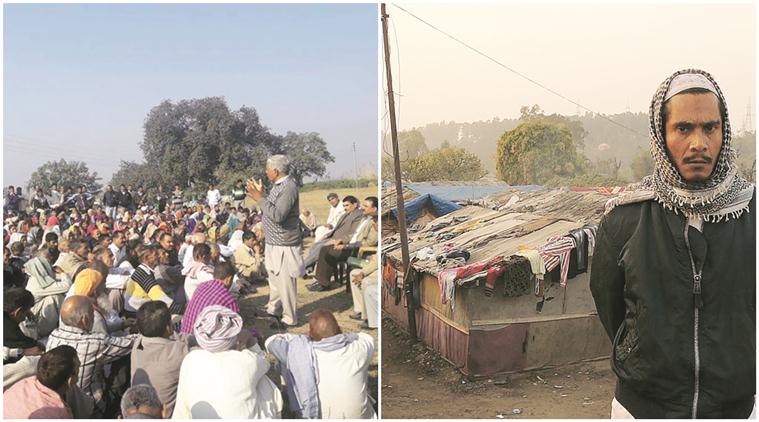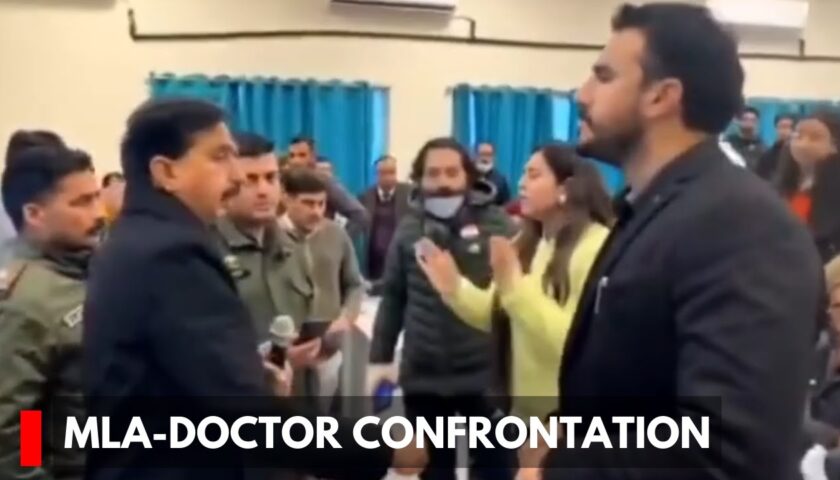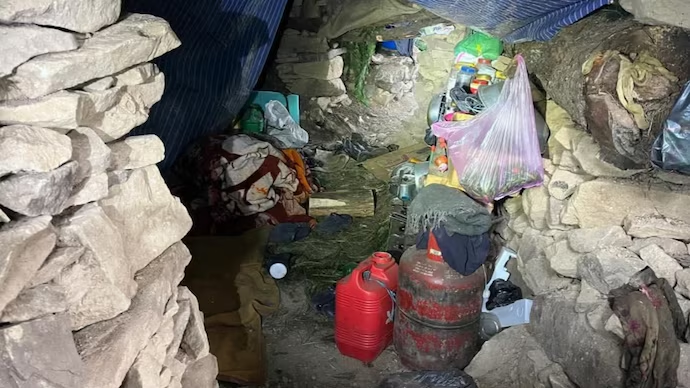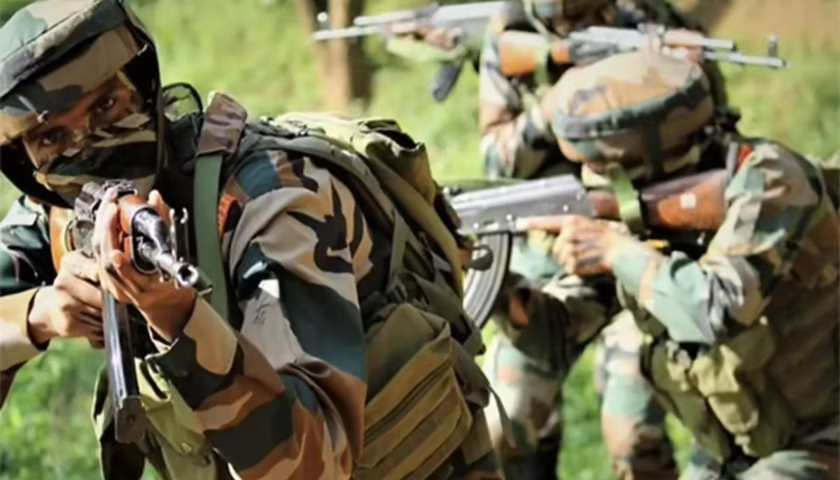Identity certificates spark protests and violence
BJP leaders said they would raise the issue of the “Increasing number” of Rohingya Muslim refugees in the state in the coming Budget Session of the Assembly.
 In an echo of the Amarnath land row, the issue of ‘identity certificates’ to West Pakistan refugees in Jammu and Kashmir is threatening to divide the state on regional and religious lines. While protests have erupted in the Valley, with separatists and the mainstream opposition accusing the PDP-BJP coalition government of trying to dilute state subject laws by giving the certificates to the refugees, leaders in Jammu have raised the settlement of Rohingya Muslims in the region in return, calling it an attempt to change its demography.’
In an echo of the Amarnath land row, the issue of ‘identity certificates’ to West Pakistan refugees in Jammu and Kashmir is threatening to divide the state on regional and religious lines. While protests have erupted in the Valley, with separatists and the mainstream opposition accusing the PDP-BJP coalition government of trying to dilute state subject laws by giving the certificates to the refugees, leaders in Jammu have raised the settlement of Rohingya Muslims in the region in return, calling it an attempt to change its demography.’
The government has defended the identity certificates saying the West Pakistan refugees, almost all Hindus, who came to J&K at the time of Partition, continue to be “non-state subjects”. “We are only issuing them identity certificates so as to help them get jobs in paramilitary forces and other central government establishments as citizens of India,” said state government spokesperson and Education Minister Naeem Akhtar.
Such clarifications, however, have fallen on deaf ears in the Valley, where many point out that the issue of identity certificates to West Pakistan refugees forms part of the Agenda of Alliance between the ruling PDP and BJP. There were violent protests in Sopore town in Kashmir over the West Pakistan refugees after the prayers on Friday, with police lobbing teargas shells and using lathis to control the crowd.
Jammu Kashmir Liberation Front chairman Yasin Malik was detained in Srinagar, while Hurriyat leader Mirwaiz Umar Farooq led another protest in old Srinagar town.
The National Conference described the issue of certificates to the refugees as a “first step” towards getting them permanent resident status and property rights in the state. Said NC spokesperson Junaid Azim Mattu, “While we have always empathised and will continue to empathise with the refugees in pursuit of their day-to-day lives, granting them state subject rights is tantamount to leaving the law meaningless. That is something we will not allow at any cost.”
In Jammu, BJP leaders said they would raise the issue of the “increasing number” of Rohingya Muslim refugees in the state in the coming Budget Session of the Assembly. “There are no records regarding them, and their settlement in a sensitive border state is a great threat to national security as these people can be easily used by anti-national elements,” said BJP Nowshera MLA Ravinder Raina.
Without naming the Rohingya Muslims, the Chamber of Commerce and Industry of Jammu has called the presence of “foreigners” in the city and its outskirts a “sinister campaign” to change the demography of the area by “unseen forces”. Chamber president Rakesh Gupta urged the people of Jammu to get ready for a “final fight”.
Gupta also accused the state government of having a “dual policy” on enforcement of Article 370, saying that while it had shelved proposals to set up a Sainik Colony and a Pandit Colony “even for local people” in the Valley, it was allowing “unlawful” settlement of “foreign nationals” in Jammu. These nationals, Gupta claimed, “may be providing all possible support and shelter to anti-national elements, not only in carrying out the attacks on security forces, but also in drug trafficking, thefts and other crimes”.
Muslim refugees from Myanmar have been coming to Jammu for the past several years. They are neither citizens of India, nor permanent residents of the state.
The West Pakistan refugees, originally 5,764 families settled in areas along the international border, have now grown to nearly 20,000 families and spread out in Jammu, Samba and Kathua districts. Of these only 20 families are Muslims, according to West Pakistani refugees leader Labha Ram Gandhi.
With their fourth-fifth generation now living in Jammu and around, they are Indian citizens, but not permanent residents of J&K in view of the state’s special status under the Constitution. As such, neither can they own property in the state nor can their children get the state quota for admission to professional colleges or in jobs. They vote in the Lok Sabha elections, but cannot do so in the Assembly polls.
The certificates, titled ‘Identity certificate for West Pakistan refugee residing In the State of Jammu and Kashmir’, mention their former place of residence in Pakistan and follow a letter from Harish Chandra Rai, an Under Secretary in the Union Ministry of Home Affairs, in August this year, saying that “in view of the problems being faced by the wards of west Pakistan refugees (WPRs) to establish their identity in the recruitment to Central Armed Police Forces and the Indian Armed Forces, the ministry has devised a modified format of nativity/identity certificate for WPRs… It has been decided to accept the nativity certificate issued by Naib Tehsildar in addition to the Sarpanch/Numberdar to the wards of WPRs”.
A senior official said that the state subject certificates issued to permanent residents of the state, on the other hand, clearly mention one as “a permanent resident of the state as defined in the constitution of Jammu and Kashmir’’, and the powers to issue it are vested in the district magistrate concerned who should also be a permanent resident of the state.




